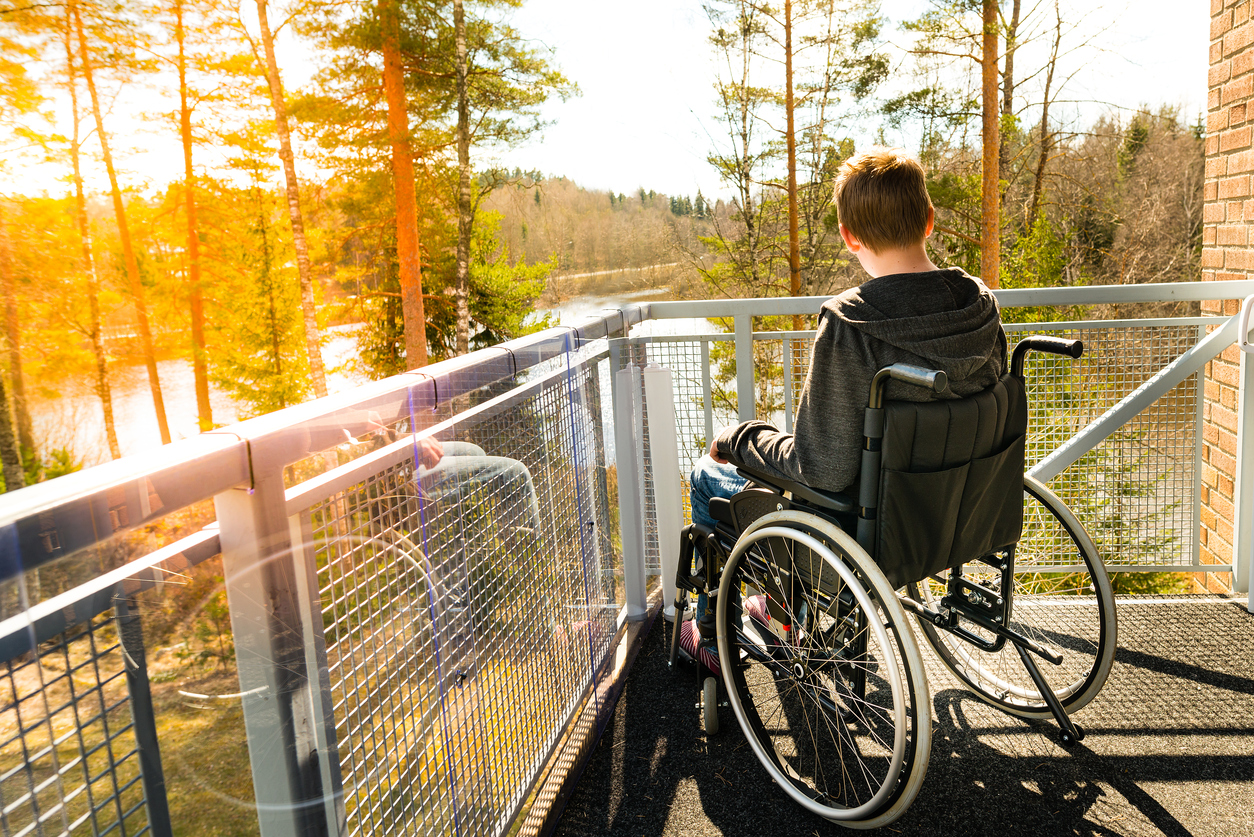Sarepta says early filing for DMD gene therapy may be back on

The development of gene therapies for Duchenne muscular dystrophy has proved to be challenging, but one of the key players – Sarepta – thinks it may have the clinical data needed to file for regulator approval.
The new data from the mid-stage Study 102 of SRP-9001 (delandistrogene moxeparvovec) comes from 21 patients who were initially in the placebo group of the study but crossed over to receive the gene therapy later.
The new cohort scored an average of 2 points higher on the North Star Ambulatory Assessment (NSAA) – which measures motor function in DMD – 48 weeks after treatment with SRP-9001 compared to a matched, untreated control group.
The results revealed a 1.3-point increase on the NSAA scale with the gene therapy, while the control group saw a 0.7-point decline over the study period.
Sarepta's gene therapy – like rivals from Pfizer and Solid Biosciences – codes for a shortened form of the dystrophin protein that is deficient in patients with the muscle-wasting disease.
Phase 1 results with the therapy in 2019 raised the hope that it could slow down the development of DMD, but subsequent data from Study 102 yielded disappointing results versus placebo, and scuppered Sarepta's hopes of filing for accelerated approval based on phase 2 data in 2021.
Pfizer and Solid Bio's programmes meanwhile have also run into problems, mainly to do with safety signals that have resulted in trials being place on hold. Just last month, Pfizer was forced to pause a study of its PF-06939926 candidate after a patient death which has delayed the trial's readout until 2023.
The delays to all three programmes mean that the prize of being first to market – billed as a multibillion-dollar opportunity – is up for grabs.
Armed with the new data, Sarepta has said it wants to talk to the FDA and other regulators again about the possibility of early filing while ahead of data from its ongoing phase 3 study.
Now, the big question is whether the new data will be enough to convince regulators that weekly approval is warranted, and investors seemed unsure about that.
Shares in Sarepta lost 19% of their value after the data was announced, with some analysts saying the 2-point difference was lower than they had expected to see. RBC Capital Markets said that the data was "supportive" but likely not strong enough to "convince doubters."
If Sarepta has to wait for the outcome of its pivotal EMBARK trial it will hold up a filing until 2023, roughly the same timescale that Pfizer is aiming at with its CIFFREO study. Solid Bio, meanwhile, is a little behind with a phase 1/2 study called IGNITE DMD due to report later this year.
Sarepta's chief executive Doug Ingram told the JPM Healthcare conference this week that there is an urgent need to make new therapeutic options for DMD available to patients.
"We are reminded daily that Duchenne is a brutal, life-ending disease and SRP-9001 is the greatest near-term hope we all have to address the need for a therapy that changes the trajectory of this disease," he said.
"We will continue to move as quickly as possible to bring SRP-9001 to patients in the US and around the world."












